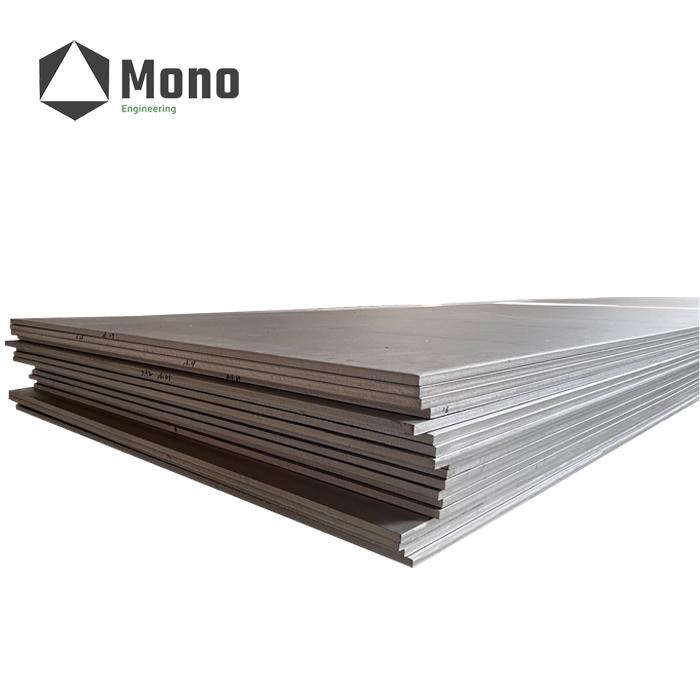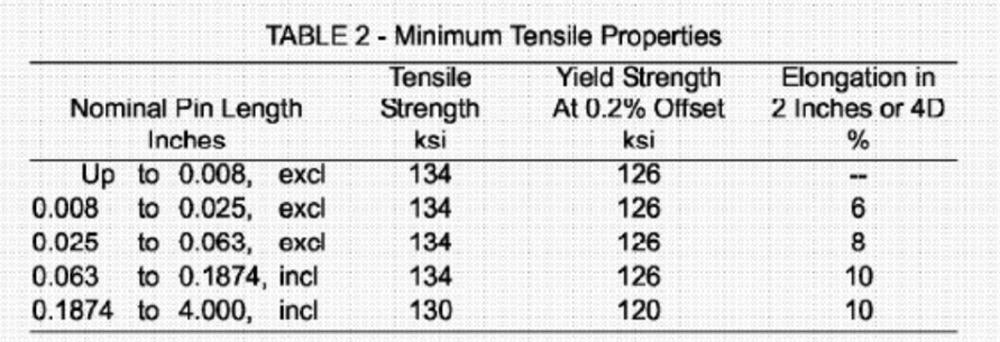
Form
This specification covers a titanium alloy in the form of sheet, strip, and plate.Which is Aerospace using Alpha-beta 6Al-4V Titanium alloy.
Chemical components(%)
Composition | C | O | N | H | Fe | Al | V | Y |
Min | \ | \ | \ | \ | \ | 5.50 | 3.50 | \ |
Max | 0.08 | 0.20 | 0.05 | 0.015 | 0.30 | 6.75 | 4.50 | 0.005 |
Minimum Tensile Properties
Tensile property requirements apply in both the longitudinal and transverse directions but tests in the transverse direction need be made only on product from which a specimen not less than 8.0inches in length for sheel and strip and 2.50 inches in length for plale can be taken. Tests in the transverse direction are not required on product tested in the longitudinal direction.

Condition
Sheet and Strip
Hot rolled with or without subsequent cold reduction, annealed, descaled, and leveled, having a surface appearance comparable to a commercial corrosion-resistant steel No. 2D finish (See 8.2).
Plate
Hot rolled, annealed, descaled, and flattened, having a surface appearance comparable to a commercial corrosion-resistant steel No. 1 finish (See 8.2). Plate product shall be produced using standard industry practices designed strictly for the production of plate stock to the procured thickness. Bar, billet, forgings, or forging stock shall not be supplied in lieu of plate.
Annealing
The product shall be annealed by heating to a temperature within therange 1300 to 1650 °F(704 to 899 °C), holding at the selected temperature within ±25 °F(±14 °C) for a time commensurate with product thickness and the heating equipment and procedure used, and cooling at a rate which will produce product meeting the requirements of 3.5. Pyrometry shall be in accordance with AMS 2750.
Application
These products have been used typically for parts requiring strength up to 750 °F (399 °C), but usage is not limited to such applications.
Certain processing procedures and service conditions may cause these products to become subject to stress-corrosion cracking: ARP982 recommends practices to minimize such conditions.